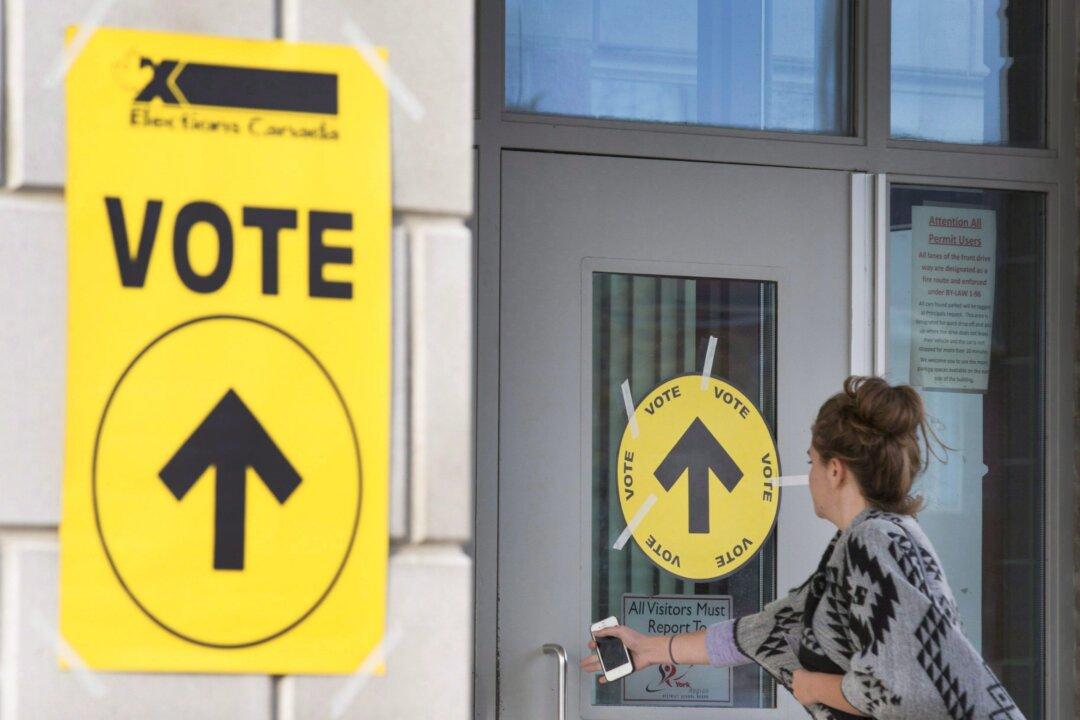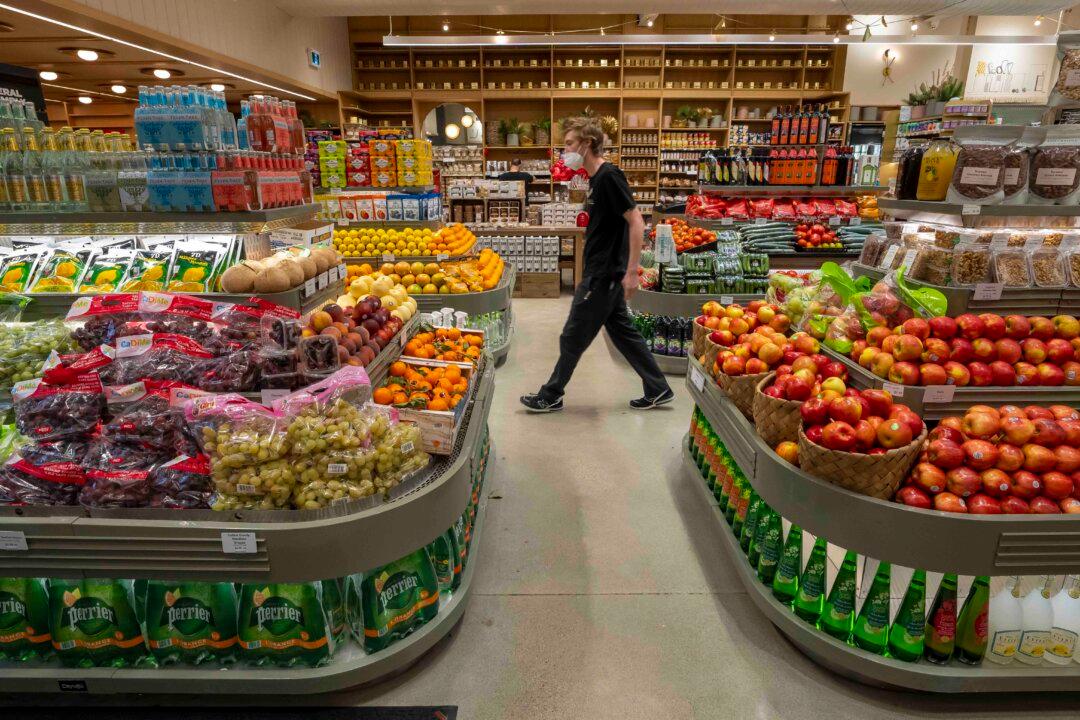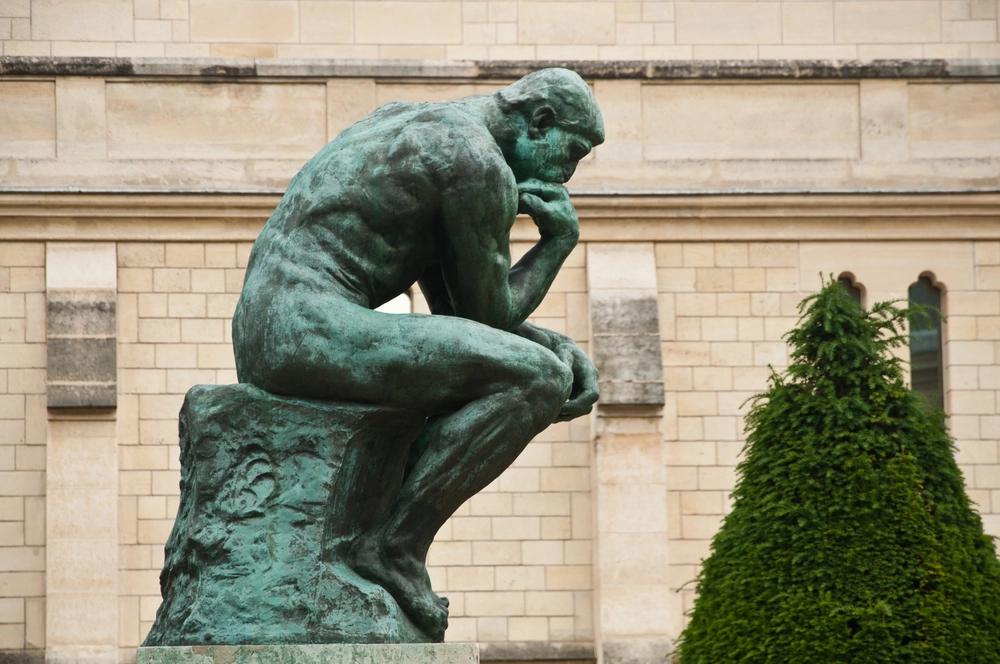Commentary
Just because I’ve spent a lifetime watching politics, don’t think I like it. The mechanics bore and appall me, and I study policy as a doctor studies disease, with books by Hitler and Stalin on my shelves, and Keynes as well as Friedman. But speaking of Friedman, it’s the books that say incentives matter that contain medicine, not infection.





